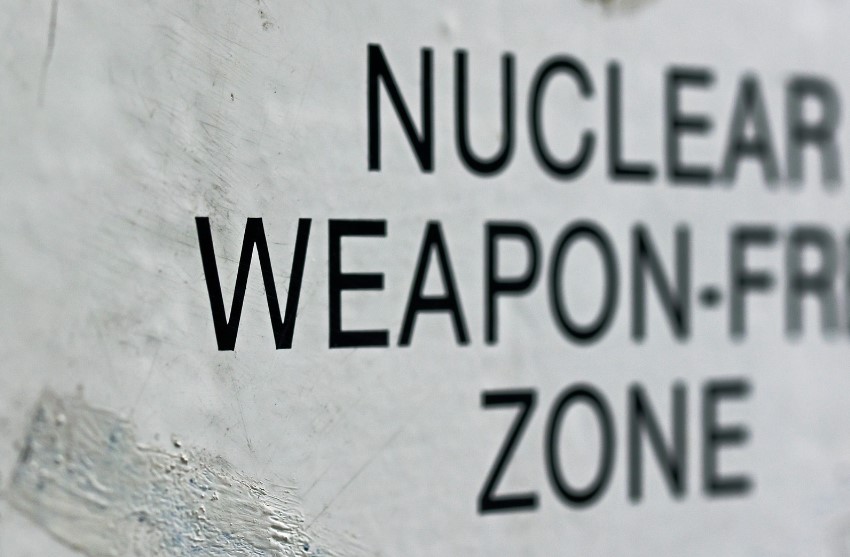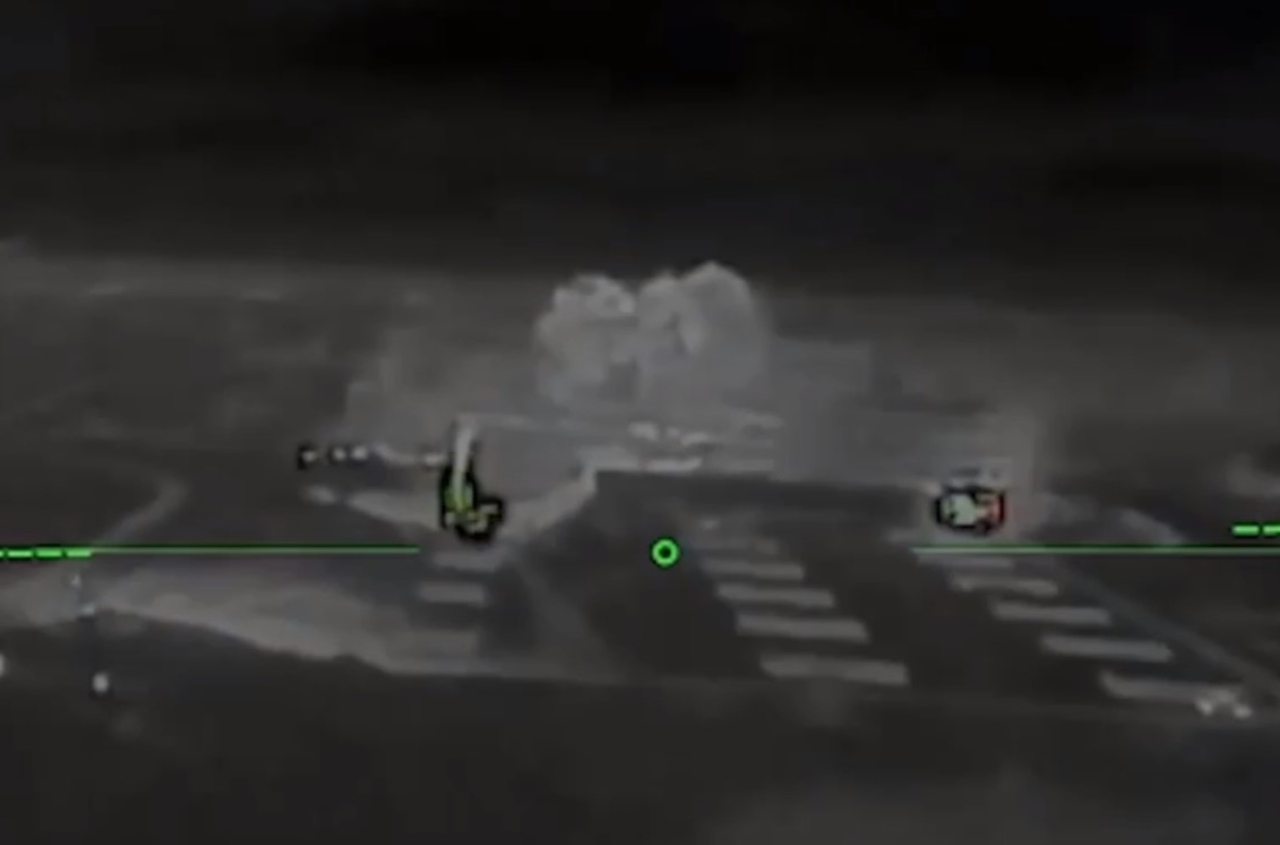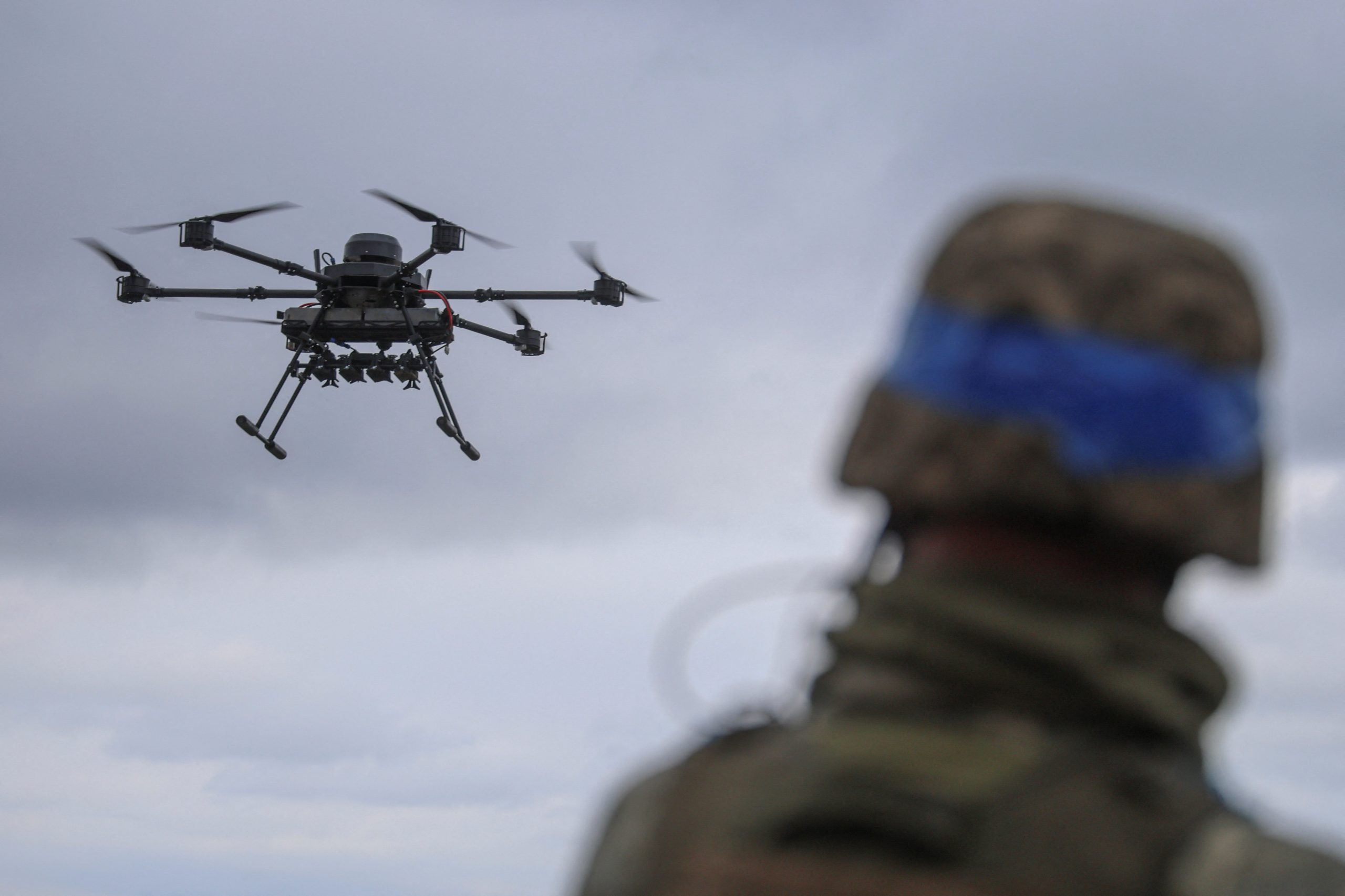The Kremlin continues to time its nuclear saber-rattling to coincide with major policy discussions in the West as part of a Kremlin reflexive control campaign to influence Western decision-makers.
The Russian Ministry of Defense (MoD) claimed on May 21 that missile elements of the Southern Military District (SMD) began the first stage of non-strategic (tactical) nuclear weapons exercises.
The Russian MoD claimed that Russian Aerospace Forces will also exercise with Iskander ballistic missiles and Kinzhal aeroballistic missiles. The Russian MoD announced the preparations for these exercises on May 6.
A prominent Kremlin-awarded milblogger explicitly tied Russian tactical nuclear weapons exercises to Kremlin efforts to influence Western decision-making — particularly targeting the recent discussions about the restrictions on Ukraine's use of Western-provided weapons to strike military targets in Russia — echoing ISW's assessment that Russia's tactical nuclear weapons tests are part of a Kremlin reflexive control campaign that often uses nuclear saber-rattling to influence Western decision-makers to engage in self-deterrence.
Reflexive control is a key element of Russia’s hybrid warfare toolkit — it is a tactic that relies on shaping an adversary with targeted rhetoric and information operations in such a way that the adversary voluntarily takes actions that are advantageous to Russia.
Ukrainian President Volodymyr Zelensky reiterated to the New York Times (NYT) on May 20 that Russia currently enjoys a sanctuary in Russian territory from which Russian forces can conduct missile and glide bomb strikes against Ukraine and launch offensive operations with forces amassed in the international border area, as is the case with the ongoing limited Russian offensive in northern Kharkiv region.
ISW continues to assess that US and Western policies limiting Ukraine's ability to strike military targets in Russia are severely compromising Ukraine's ability to defend itself against current Russian offensive operations in northern Kharkiv region or any area along the international border where Russian forces may choose to conduct offensive operations in the future.




















